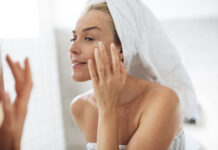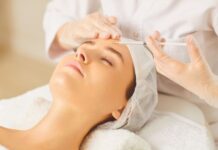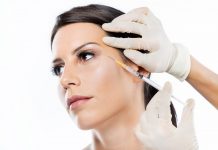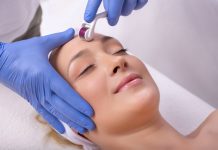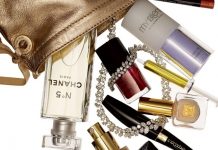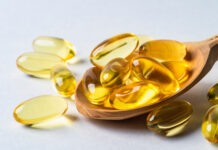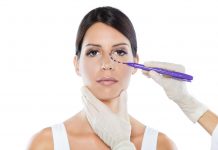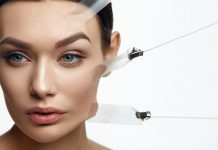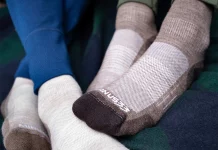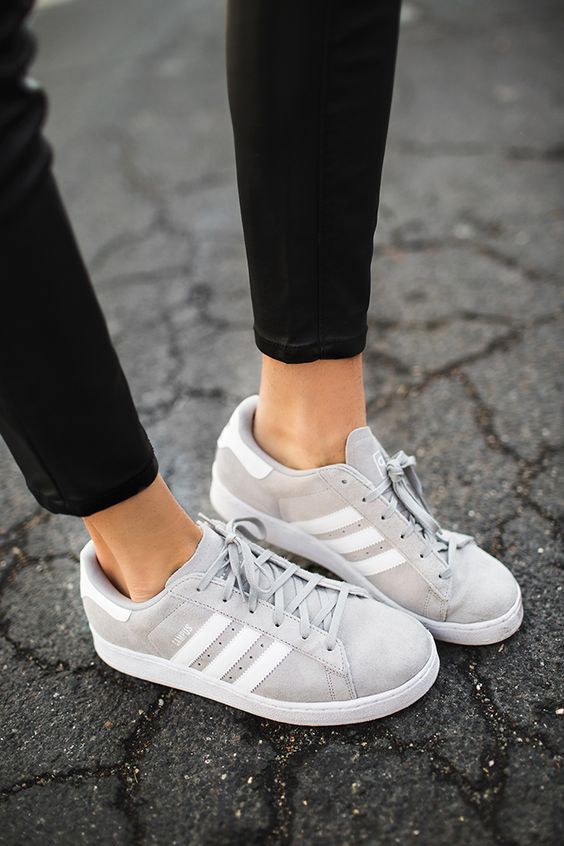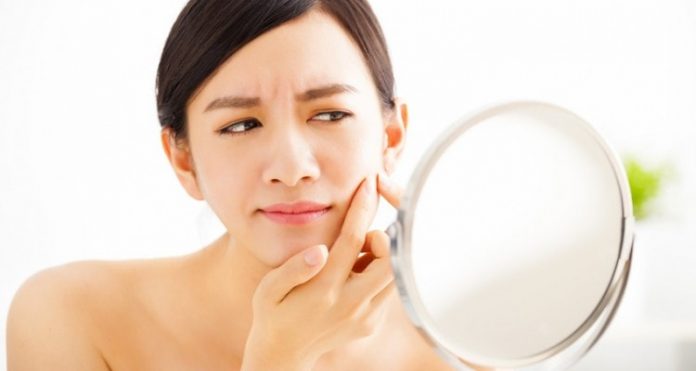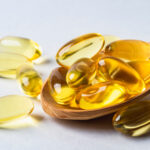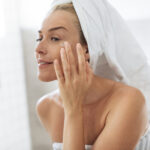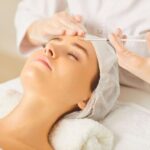To teens and young adults, acne almost seems like a rite of passage. In fact, acne is so common in young people that the dreaded pimple before prom night has become a sitcom cliché. If you are battling breakout after breakout, you’re hardly alone in the fight. In the United States, over 50 million people are looking for the path to clearer skin each year.
Why is acne so common particularly among teens and young adults? For each individual, there can be a variety of causes. Generally speaking, there are six primary factors affecting skin health: genetics, hormones, medications, stress, cosmetics, and diet. In this article, we’ll delve into the details of these triggers and offer some ideas that could lead to clearer skin.
Genetics
DNA determines a lot about your appearance and health. Whether your skin is dry, oily, or some combination is based on your genetic makeup. If your parents talked about having acne as teens, these traits will likely be passed on to you. However, there’s nothing to fear if you aren’t a person with effortlessly clear skin. You can still control much of your destiny by using a good skincare regimen.
There are also advanced spa remedies that can boost the effectiveness of your skincare process, such as IPL (Intense Pulsed Light), which allows you to return to normal life immediately after treatment. While genes may tell your face and body to produce oil and clog pores, you can certainly outsmart your skin with all the modern amenities available.
Hormones
Hormone levels vary throughout a person’s life, but especially during the teen years. Women also experience significant chemical fluctuations with pregnancy and menopause. At these times in your life, your hormones can increase oil production in the skin, which can then clog pores and lead to breakouts.
While the changes that occur during the teen years are natural, there are gentle solutions to combat the excess oil. Regularly wash your face with products that focus on clearing pores and soothing greasy skin, such as clay face masks and mild cleansers. If your skin is exceptionally oily, speak to a dermatologist to see if oral medication may be a good solution for you.
Medications
Sometimes you need to take medication. However, some prescriptions can occasionally cause acne as a side effect. Birth control pills, steroids, and various other medicines can inadvertently dry out your skin or make it too oily, either of which can lead to clogged pores.
To manage this issue, talk to your doctor about alternative medication choices. Additionally, try a soothing face and body wash, explore the benefits of an IPL treatment, or check out an over-the-counter acne medicine. Consult your doctor before combining an OTC remedy with your current prescriptions.
You Can Also Read : 6 Natural Remedies That Will Help You Manage Menopause
Stress
In this fast-paced world where it’s hard to turn off work even at home, it’s no surprise that stress levels are higher than ever. Unfortunately, overstimulation and exhaustion can make sebaceous glands run wild. As your skin produces more oil from stress, it can clog pores and create inflammation.
The solution? Start making lifestyle choices that say “yes” to mental wellness and “no” to being overbooked. While it’s good to be productive, having a crammed schedule where there is no time for self-care can make you even more anxious. Take a relaxing walk, play a favorite sport, or get a luxurious facial to soothe stressed-out skin. As you make more room for overall well-being, you can experience a more balanced life and better manage your stress.
Cosmetics
There are so many products in the market that promise a flawless complexion, but some of these cosmetics can actually make acne worse. Oil-based makeup is a common source, especially when it comes to adult-onset acne. Just because a brand says it is “non-comedogenic” doesn’t mean that it can’t still block your pores. To manage cosmetic-related breakouts, be mindful to find the right products for your skin. If you notice that a certain type causes flare ups, stop using it immediately and find a gentler alternative.
For example, many people who have problems with traditional foundation have found relief using CC cream. This color-correcting blend is a sunscreen, foundation, and moisturizer that goes on more lightly than other products. Of course, be sure to wash thoroughly every day before bed, since sleeping with makeup on can make breakouts worse. For the best results, find a quality makeup remover to ensure your face is completely clean before bedtime.
Diet
Certain processed foods such as refined carbs, fat, sugar, and salt can make your skin produce more oil. This is especially true if there are few fresh fruits and vegetables in your diet. Eating too many artificial foods can increase inflammation, which can make your face greasy and oily.
To resolve this problem, speak to a dietician who can create a healthy eating plan suited to your needs. Overall, aim for more natural, whole foods that won’t overload your body with sugar and salt. By managing your diet, you can enjoy a more balanced, smooth complexion.
Excessive breakouts can be a major source of anxiety and low self-esteem, but it is not a hopeless situation. To learn more about how you can combat acne, check out the accompanying infographic.


